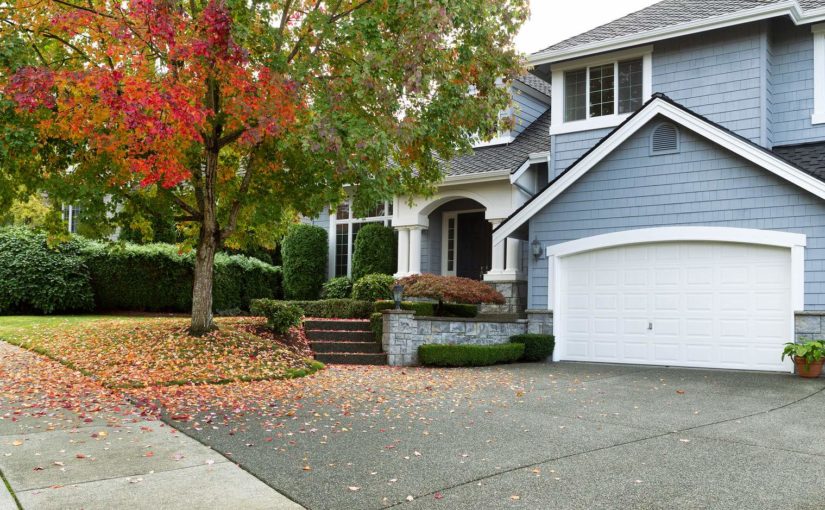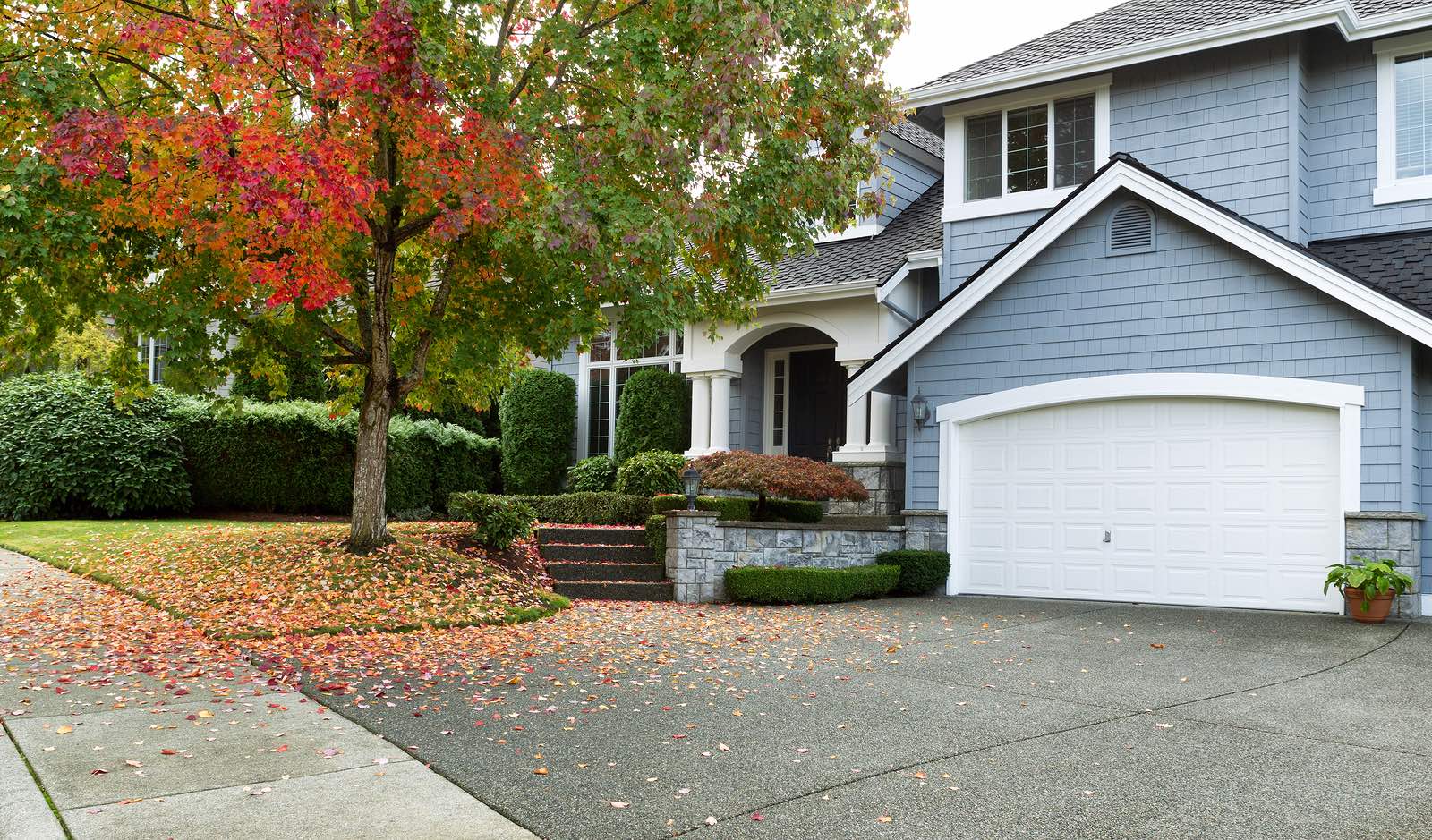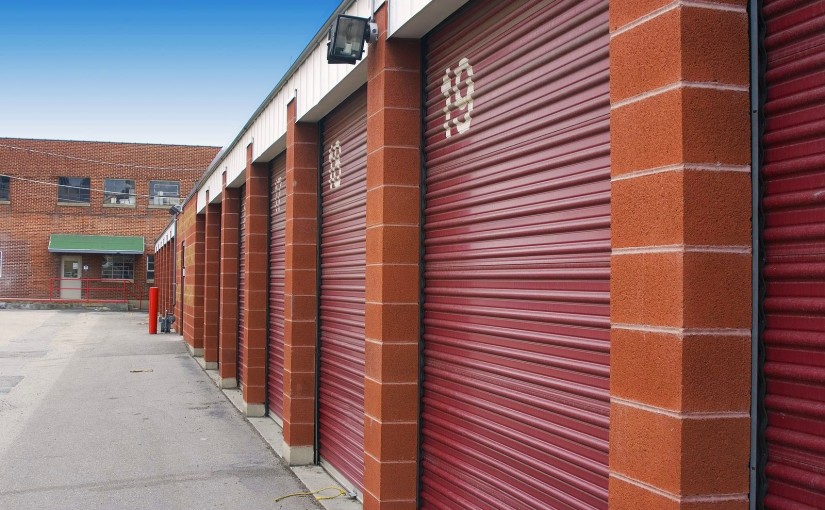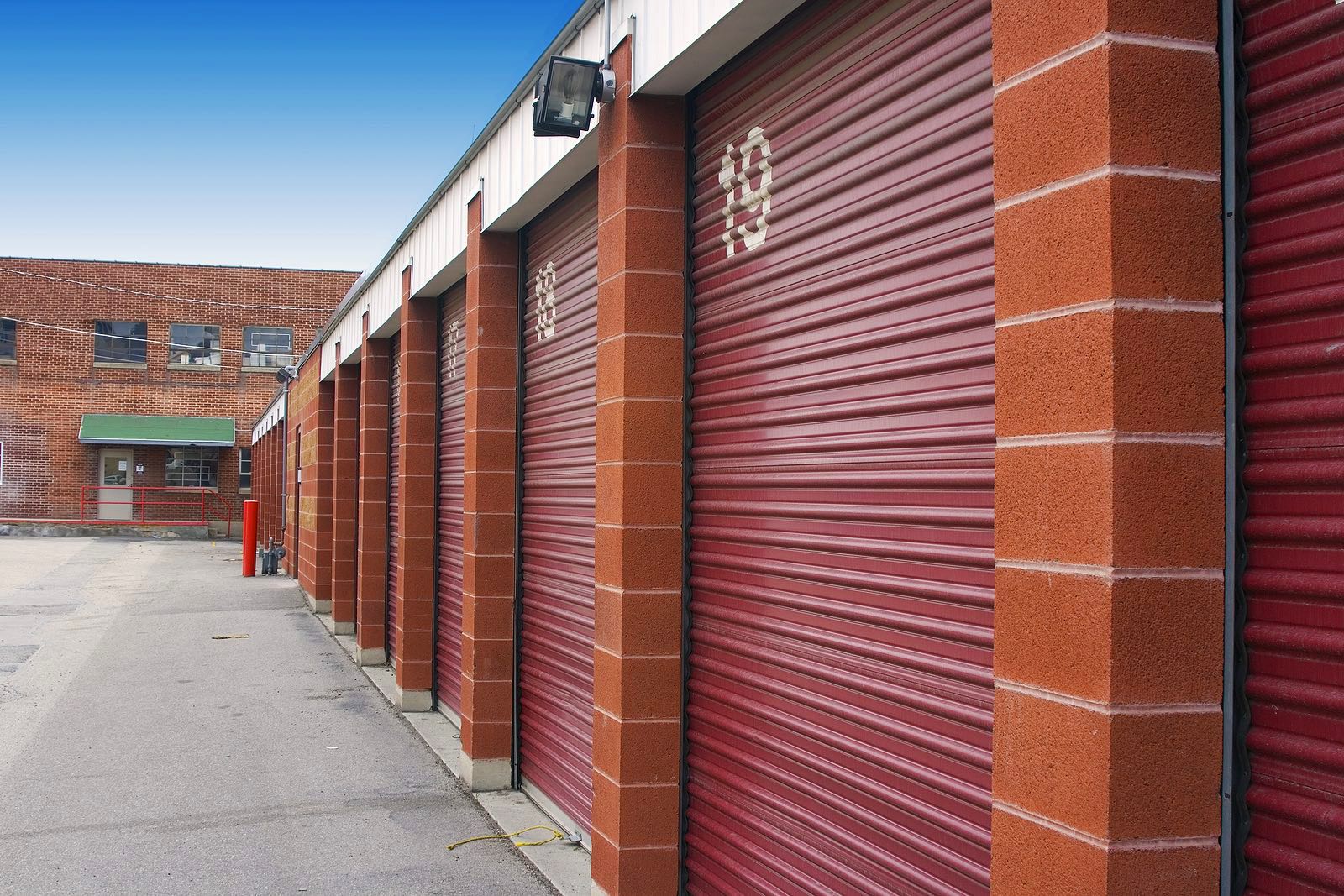
Finding the right starter home can be quite a journey, it can also be emotionally exhausting. You have to establish what you’re looking for, needs versus wants. Consider pricing and narrow in on the right home for you. Remember though, if this is your first home it doesn’t have to be your one and only home. There will always be plausible ways to upgrade down the line and find different features that make a big difference.
Regardless of the home to finally settle on though, there are certain features you’ll want to make sure are there. So here we will discuss those features and exactly why you’ll want them. Pools and other attractive features are a wonderful bonus but they should probably take a back seat when it comes to the top four considerations to make.
- A monthly expense that’s feasible
The first thing on this list is often overlooked, the exterior and location are of course important. But if your monthly expense is going to create other problems for you, it might be something to consider passing on. Your mortgage, utilities, insurance, and even maintenance costs. When you’re looking at what your monthly expenses will be look at more than just what the house costs.
Consider all possible expenses associated with the house on top of your mortgage. Also add a cushion of possible expenses that you may not be able to foresee. If you can’t comfortably plan for the extent of these expenses, it might be time to look else where. Balance out those costs by looking for something a little further away from where you want to be, or with a lower initial price tag.
- Little maintenance needed
Maintenance costs can often be difficult to plan for, due to their unpredictable nature. What’s important to consider here is the age of the home itself. If you picked a home that’s well over 10 years in age and hasn’t had a quality remodel since its initial construction, you may be in for excessive costs.
It’s always worth looking into newly constructed subdivisions in your area. These new homes are often very similar in their floor plans and have been replicated a number of times. How new they are, paired with how many times they’ve been setup can leave you with less needed maintenance down the line.
- Room for the family
If you’re planning on bringing your family into this first home then you’ll certainly need room to expand into. You might be moving in with just your significant other, but you could find yourself with children running around soon as well. If that’s at all a possibility plan accordingly. Another possibility is bringing your parents in to live with you. So if either of those sound like something that may happen for you at the very least plan on having an additional room.
If you do have the potential purchasing power use it to buy space as opposed to unnecessary finishes. You can easily add to the amount of space you have in certain rooms by opening them up. However, trying to increase your square footage down the line will prove to be more difficult.
- Easy Transition
If possible don’t choose the home that will transport you away from your friends and the things you love. If you enjoy community theater or you play flag football with your friends on the weekends stay relatively connected to those circles of your life. Your first home doesn’t have to uproot your entire lifestyle.
Really research the community you’re considering to be your first home. If you find one that will also give you easy access to some of your favorite hobbies and entertainment outlets then you might have found the ideal location.
That all being said buying a space close to work is critical. Your daily commute can become quite a process so if you can make it at all easier then do so! If you have any questions regarding any of the areas around town don’t hesitate to contact me with your questions. If you’re looking for more real estate related tips feel free to check out the rest of my blog.


















